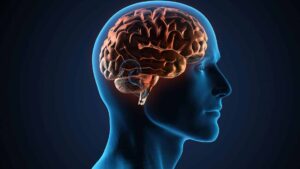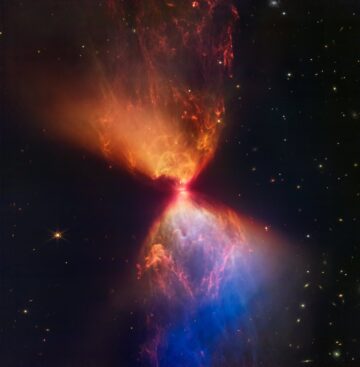Post-traumatic stress disorder (PTSD) patients have to face traumatic events where mental health conditions triggered by a terrifying event experience nightmares, severe anxiety, and uncontrollable thoughts about the event, which make patients experiencing disturb sleep patterns.
In recent decades, more awareness has been seen concerning the psychological and physical impact trauma-based experiences can have on an individual. About 70% of individuals have PTSD, among which 30% deal with traumatic events. In PTSD, those not taking treatment have to face a vicious cycle where poor sleep can affect the effectiveness of therapy, negating any lessening of symptoms causing disturbed sleep. To reduce and eliminate the emotional impact of traumatic memories, a patient needs good quality sleep for the healing mechanism.
In a new study conducted by researchers from the University of Arizona College of Medicine- Tucson’s Department of Psychiatry and recently published in Frontiers in Behavioural Neuroscience, people suffering from traumatic post-stress disorder experienced reduced symptoms of PTSD by exposure to blue light therapy.
Study procedures were taken placed and approved by the Institutional Review Board of the University of Arizona College of Medicine and the U.S. Army’s Human Research Protections Office. All participants provided written informed consent prior to participation. According to William Scott Killgore, director of the Social, Cognitive, and Affective Neuroscience (SCAN) lab and senior author of the paper, “Morning blue light treatment improves sleep complaints, symptom severity, and retention of fear extinction memory in post-traumatic stress disorder.”
In this research, Dr. Killgore and the SCAN lab team arranged a comprehensive assessment of daily morning blue-wavelength light exposure in individuals with clinically significant levels of PSTD. The aim was to determine if the blue light therapy would help improve sleep and PSTD symptoms. Participants committed to 30 minutes of morning light exposure daily for six weeks; half of the participants used blue wavelength light, and half used amber light.
Researchers examined the neurobiological, autonomic, and behavioral outcome changes during the study. Participants who received blue light therapy showed significant improvements in the severity of their PTSD symptoms. They also reported improved sleep and increased retention of fear-extinction memories. And the study participants who received amber light did not show the same retention of extinction memories but showed a return of the original fear memories.
Dr. Killgore said, “while the limitations of the research include its modest sample size and difficulties monitoring compliance, the possibilities of utilizing a treatment that is relatively simple, drug-free and inexpensive can offer hope for the large population of people living with the intense challenges of post-traumatic stress disorder.”
Sleep result shows subjective sleep tended to improve between baseline and post-treatment. In this study, we examined the hypothesis that exposure to sleep and the retention of fear extinction memory. Secondly, we examined the individuals receiving daily morning blue-wavelength light exposure would demonstrate enhanced retention of extinction learning in patients with PTSD.
“The data are thrilling” said Jordan Karp, MD, professor and chair of the College of Medicine – Tucson’s Department of Psychiatry. “This nonpharmacological intervention is a promising life-changing and life-saving possibility for people suffering from PTSD.”
This study examined the association between 6 weeks of daily morning blue-wavelength light as compared to amber-wavelength placebo treatment. Through this study, we can support the hypothesis that improves sleep and PTSD symptom severity. It will help patients with PTSD have better sleeping patterns and improve the healing mechanism.
Journal Reference
- John R. Vanuk, Edward F. Pace-Schott, Ayla Bullock, Simon Esbit, Natalie S. Dailey, and William D. S. Killgore. Morning blue light treatment improves sleep complaints, symptom severity, and retention of fear extinction memory in post-traumatic stress disorder. Frontiers in Behavioral Neuroscience. DOI: 10.3389/fnbeh.2022.886816













